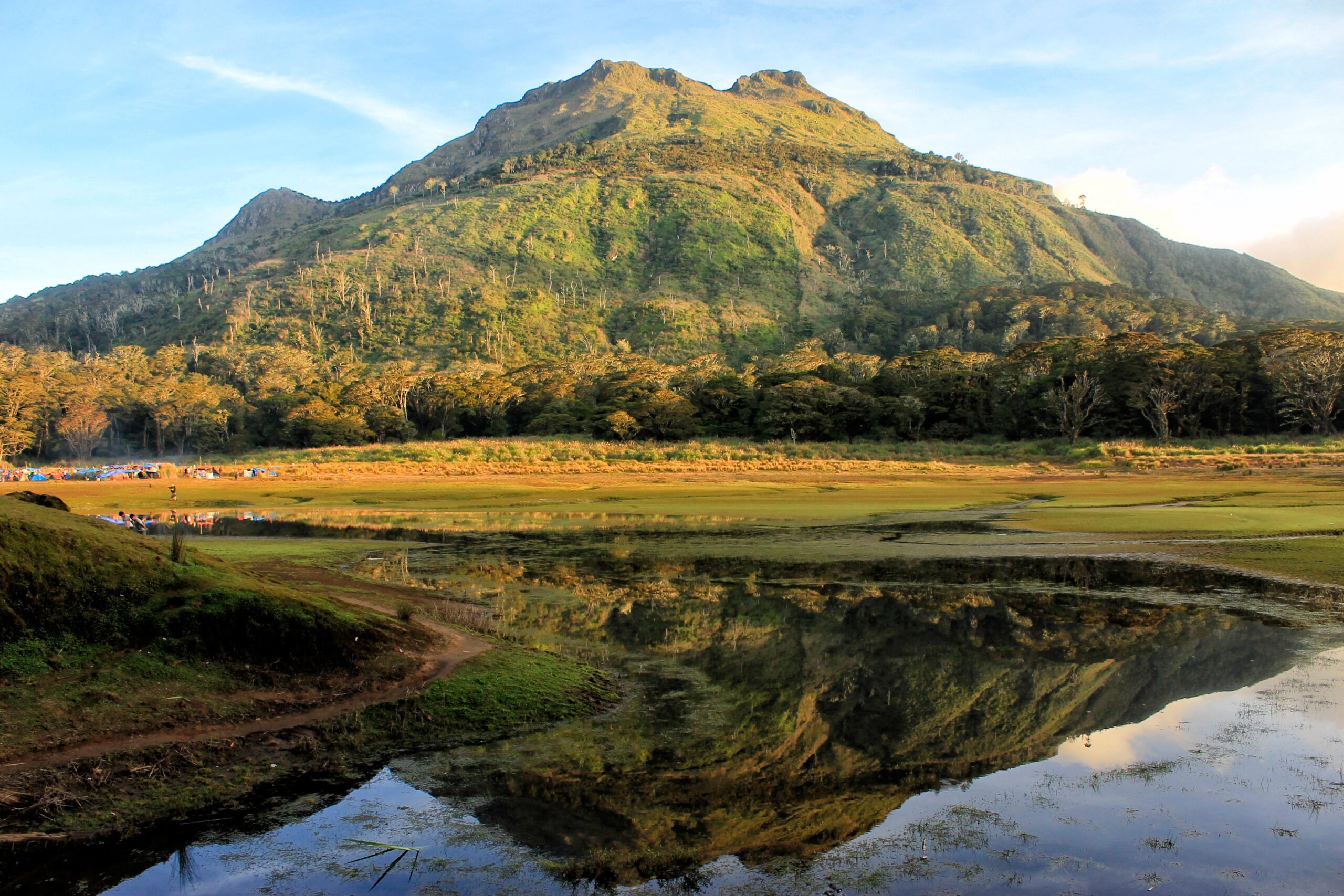SUMMARY
This is AI generated summarization, which may have errors. For context, always refer to the full article.

DAVAO CITY, Philippines – Establishments and plantations located at the Mount Apo Natural Park are under survey this year to find out whether they are fully compliant with government regulations.
The survey is being done by the Protected Area Superintendent Office – a unit under the Department of Environment and Natural Resources (DENR) in Davao Region – led by its deputy, Franklyn Buenaflor.
“We’re conducting a Boracay-like survey to find out who among them are compliant to all national laws,” Buenaflor told Rappler in a phone interview Friday, April 20.
They will be checking the establishments’ and plantations’ FPIC, or the free and prior consent, and the environment compliance certificate (ECC), among others.
Buenaflor also said “there is a very strong possibility” that some plantations may not be compliant in terms of their ECCs. (READ: The trashing of Mount Apo)
Mount Apo Natural Park is a sprawling 64,000 hectares divided among the provinces of Cotabato and Davao del Sur, as well as the chartered city of Davao.
As a natural park, any projects there need to possess an ECC, as stipulated under Presidential Decree 1586.
The FPIC, meanwhile, is crucial as the process involves obtaining informed and written consent from the indigenous peoples or communities concerned before government agencies can issue licenses to parties.
Mount Apo is home to several ethnic groups, including the Bago Tagabawa, Obu Manuvu, Bagobo Clata, Ata Manobo, among others. Any development in their lands need to be consulted with them, as required by the Indigenous Peoples’ Rights Act of 1997 or the IPRA.
Buenaflor compared this effort as somewhat similar to what government is doing in Boracay in terms of bringing the sectors to work together toward one goal: biological conservation. (READ: INSIDE STORY: How Duterte decided on Boracay closure)
Mount Apo was under threat two years ago, when a portion of the country’s highest peak burned for 9 days. The fire damaged some 300 hectares of the ASEAN Heritage Park, and the incident led to a temporary closure.
Buenaflor said they hope to finish the audit by the end of the year.
The team responsible for the management of the natural park is the Protected Area Management Board, led by the director of DENR Davao Region.
NO ECC? Earlier, former Agham Partylist Representative Angelo Palmones claimed some resorts in the park do not have ECCs for being inside a protected area.
“Owners believe that they too are protected that’s why they are UNTOUCHABLES,” Palmones wrote in a Facebook post on April 16.
Palmones posted screenshots of web pages that showed resorts in the park, among them the Mt. Apo Highland Resort owned by Davao City businessman Philip Dizon.
But Dizon said it’s impossible for the resort not to have an ECC, because otherwise “we wouldn’t have a permit to construct.”
“From the DENR, you go to the city, then the city will give you a building permit,” Dizon told Rappler.
The resort is located in Barangay Kapatagan in Digos City which, according to Dizon, is the local government that gave the license for the business to operate. – Rappler.com
Add a comment
How does this make you feel?
There are no comments yet. Add your comment to start the conversation.